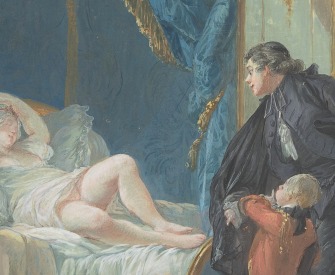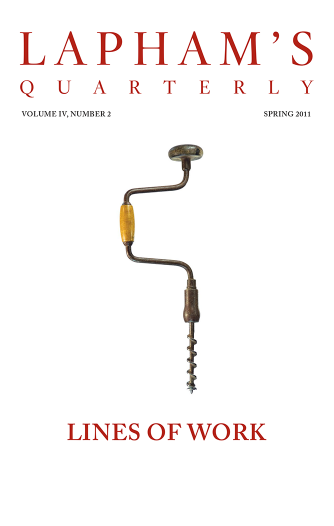
David Hume
“Of Suicide,”
c. 1755
“Of Suicide,”
If upon account of age and infirmities I may lawfully resign any office and employ my time altogether in fencing against calamities and alleviating as much as possible the miseries of my future life: why may I not cut short these miseries at once by an action which is no more prejudicial to society? But suppose that it is no longer in my power to promote the interest of society; suppose that I am a burden to it; suppose that my life hinders some person from being much more useful to society. In such cases my resignation of life must not only be innocent but laudable. That suicide may often be consistent with interest and with our duty to ourselves, no one can question who allows that age, sickness, or misfortune may render life a burden and make it worse even than annihilation. I believe that no man ever threw away life while it was worth keeping. For such is our natural horror of death, that small motives will never be able to reconcile us to it, and though perhaps the situation of a man’s health or fortune did not seem to require this remedy, we may at least be assured that anyone who, without apparent reason, has had recourse to it was cursed with such an incurable depravity or gloominess of temper as must poison all enjoyment and render him equally miserable as if he had been loaded with the most grievous misfortunes. If suicide be supposed a crime, ’tis only cowardice can impel us to it. If it be no crime, both prudence and courage should engage us to rid ourselves at once of existence when it becomes a burden.





